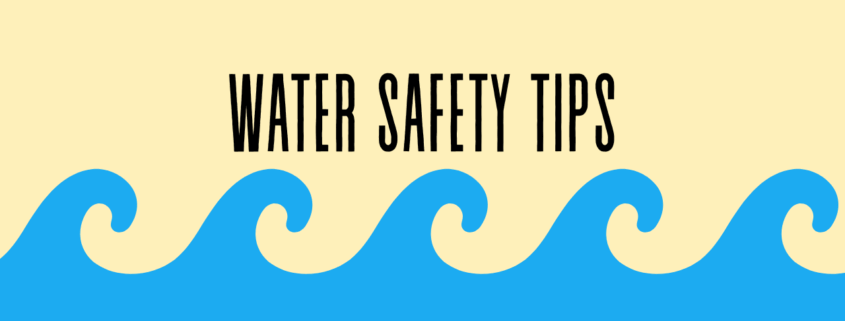Swim Safety Week
Summer is here, and with temperatures rising, swimming is a great way to cool off and enjoy time with family and friends. But it’s important to remember that water activities come with real risks. That’s why swim safety should always be a top priority. David Greene from Greene & Phillips Injury Lawyers recently joined Studio 10 to talk about how to stay safe while swimming this summer.
Swimming is such a popular summer time activity. What are some of the key safety tips people should keep in mind?
Swimming is a great way to have fun, but it’s important to take precautions. Always swim in designated areas with a lifeguard present, and never swim alone. Keep a close eye on children at all times and make sure they know the basics of water safety. If you’re in open water, be aware of currents, tides, and water depth.
What are some of the most common causes of swimming-related accidents?
Drowning is of course the most serious risk, and it often happens quickly and silently. Other common causes include diving into shallow water, horseplay, and not knowing how to swim properly. Alcohol also plays a big role in swimming injuries and drownings—it impairs judgment and coordination, just like it does on the road.
Are there specific things parents should do to keep kids safe around water?
Yes—supervision is key. Young children should always be within arm’s reach of an adult. It’s also a good idea to enroll kids in swim lessons and make sure they understand basic water safety. For added protection, consider using Coast Guard-approved life jackets for younger kids or weaker swimmers, especially around open water or pools without lifeguards. And one more tip—dress children in bright, easily visible colors, like neon yellow or orange, instead of blue. This makes it easier to spot them quickly in the water.
What about swimming in rivers, lakes, or the ocean? Are there extra precautions people should take?
Absolutely. Natural bodies of water can be unpredictable. Check for currents or rip tides before getting in, and never dive into water if you don’t know how deep it is. Be cautious around rocks and underwater hazards. And remember, cold water can quickly tire out even strong swimmers.
If someone does get injured or drowns because of someone else’s negligence, what should they do?
First, make sure to get immediate medical care. Then, report the incident to the appropriate authorities—like a pool manager or beach patrol—and try to document what happened. Take photos, write down names of witnesses, and keep any relevant information. In cases where someone else’s negligence caused the accident—like a pool owner not maintaining safe conditions—it’s important to speak with a personal injury lawyer as soon as possible.
And how can people reach you if they’ve been injured in a swimming accident?
At Greene & Phillips, we’re always here to help. You can visit our office at 51 North Florida Street—no appointment needed. Call or text us anytime at 251-300-2000, or fill out a contact form. And remember, if you can’t come to us, we’ll come to you.









